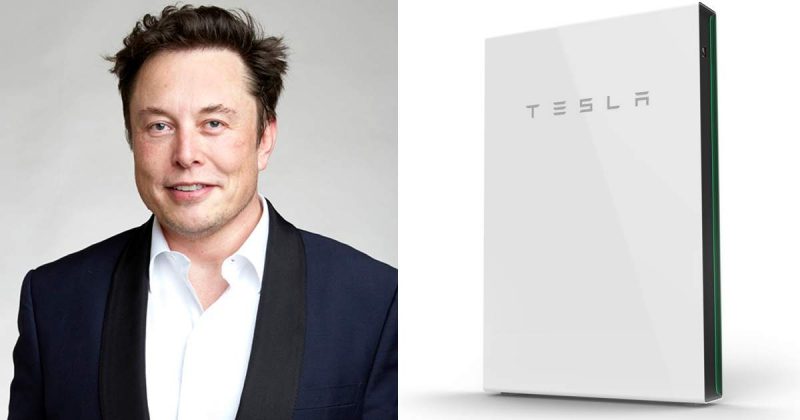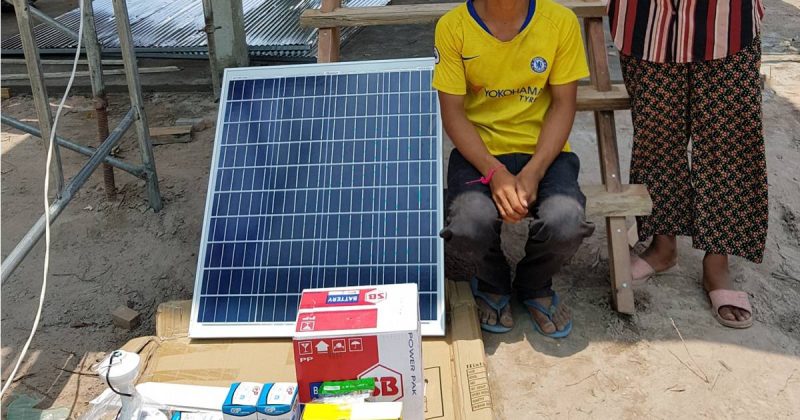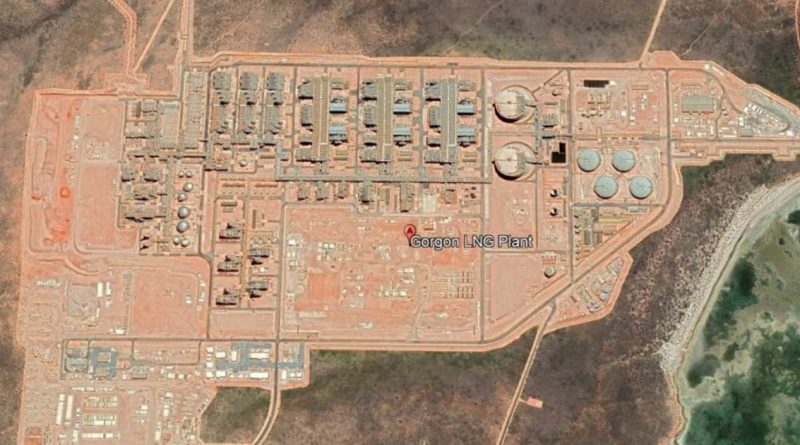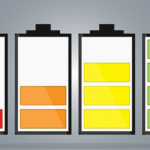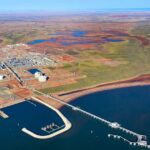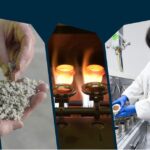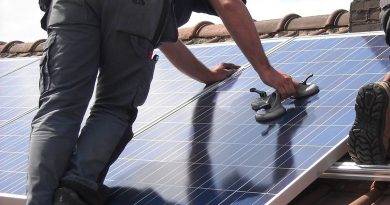APPEA Spruiking Carbon Capture And Storage (Again)
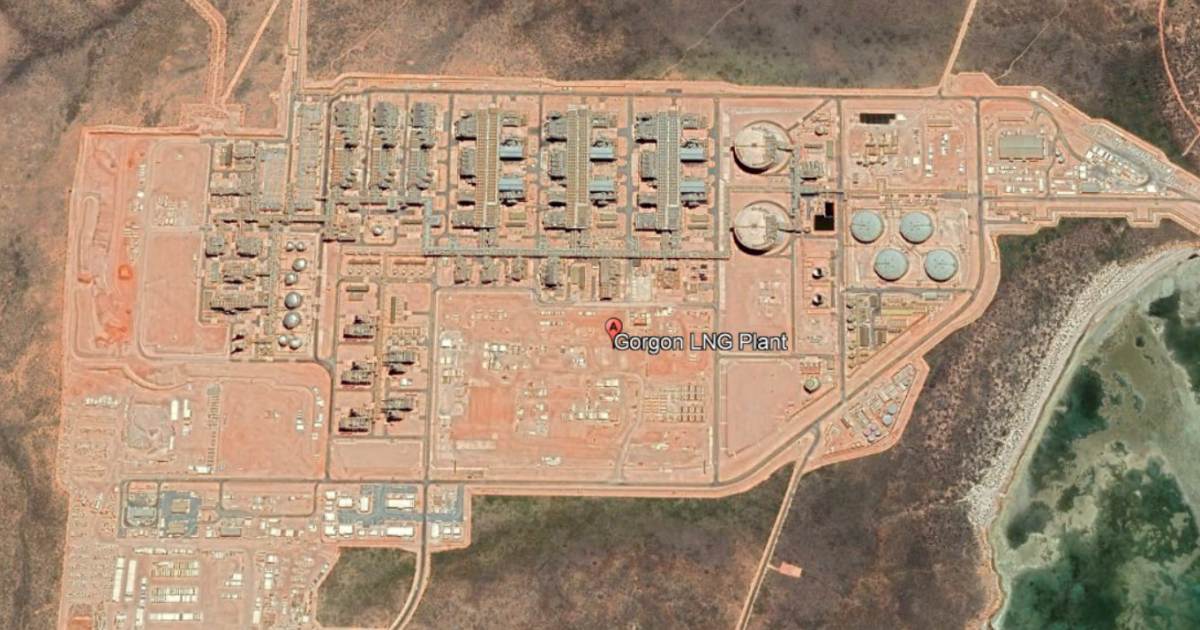

APPEA says if the world can fast-track and scale up carbon capture and storage (CCS) development, it will lead to net zero emissions faster. Of course it would (say that).
The APPEA acronym stands for the Australian Petroleum Production & Exploration Association, the self-described voice of the nation’s oil and gas industry.
Speaking at the Australian Carbon Capture Utilisation and Storage (CCUS) Conference yesterday, APPEA Chief Executive Andrew McConville outlined his case for CCS.
“We deal in the real world, demand for our product is continuing to grow, especially in developing countries looking to provide their citizens with reliable, affordable and cleaner energy for the first time,” Mr. McConville stated.
Exactly the same could be said for the renewable energy sector, just replace the word “cleaner” with “clean”.
“CCS is one of those ways where we can get the world to net zero faster while also providing our global population access to affordable, secure energy.”
Again, replace “CCS” with “renewable energy”.
Mr. McConville says with the right policy settings, Australia can emerge as a global leader in CCS. But do we want to be?
Policy Settings Aren’t The Only Challenge For CCS
Favourable policy settings don’t necessarily mean something will be successful or beneficial. Take Chevron Australia’s Gorgon1 LNG facility CCS project in Western Australia for example, which is a joint venture between Chevron (which has the largest stake), ExxonMobil, Shell, and minor partners Osaka Gas, Tokyo Gas and JERA.
Last month, Chevron Australia announced it had finally managed to inject five million tonnes of carbon dioxide equivalent since safely starting the system in August 2019. But the company acknowledged:
“the time taken to safely start the system meant Chevron had not met injection requirements.”
“Under its terms of approval, the development was expected to capture and bury about 4m tonnes a year to meet a target of sequestering 80% of reservoir gas across a rolling five year period.”
So, it has a bit of catching up to do and it remains to be seen if that will be possible or if even the current below-par rate is sustainable.
The Guardian also notes:
“The company was not required to capture emissions released during LNG processing. It means a fully successful CCS facility would reduce total emissions from Gorgon by only about 40%.”
The Gorgon injection project investment is estimated to be approximately $3 billion, with the Australian government kicking in $60 million.
The major issue with CCS aside from ongoing questions concerning cost, effectiveness, safety2 and long-term reliability is it provides an excuse to continue using fossil fuels far longer than we should given the dire situation the world faces.
We don’t have time to fart3 around developing questionable technologies when renewables and related tech are proven, ready to rock and ready for the right policy settings.
CCS And “Blue” Hydrogen
The lure of CCS is what is keeping the blue hydrogen fantasy alive. Blue hydrogen is grey hydrogen, which is mainly produced by a high-emissions process involving steam reforming of methane in natural gas, with carbon capture and storage bolted on.
According to this recently published study:
“..there really is no role for blue hydrogen in a carbon-free future. Greenhouse gas emissions remain high, and there would also be a substantial consumption of renewable electricity, which represents an opportunity cost4. We believe the renewable electricity could be better used by society in other ways, replacing the use of fossil fuels.”
UK Hydrogen & Fuel Cell Association chair Chris Jackson ditched his role earlier this week over blue hydrogen; stating:
“I believe passionately that I would be betraying future generations by remaining silent on that fact that blue hydrogen is at best an expensive distraction, and at worst a lock-in for continued fossil fuel use that guarantees we will fail to meet our decarbonisation goals.”
… and that about sums it up.
But back to APPEA; Mr. McConville pointed out the oil and gas industry is already doing much of the “heavy lifting” when it comes to climate change action in various areas including renewable energy.
That may be just a tad overstated, but regardless, it needs to lift some more and dropping the CCS fantasy will provide it more resources to do so.
Footnotes
- SQ’s Ronald pointed out Gorgons are horrible beasts so ugly the sight of them turns brave heroes to stone. Just saying.
- Humanity has this horrible habit of sweeping our dirt under a rug only to have it come back and bite us on the butt. Coal ash is a good example.
- That wasn’t a pun in relation to methane. It seems most people’s farts contain hydrogen rather than methane anyway. Hydrogen? hmmm…
- Opportunity cost – the forgone benefit that would have been gained by choosing another option
Original Source: https://www.solarquotes.com.au/blog/appea-ccs-net-zero-mb2124/

